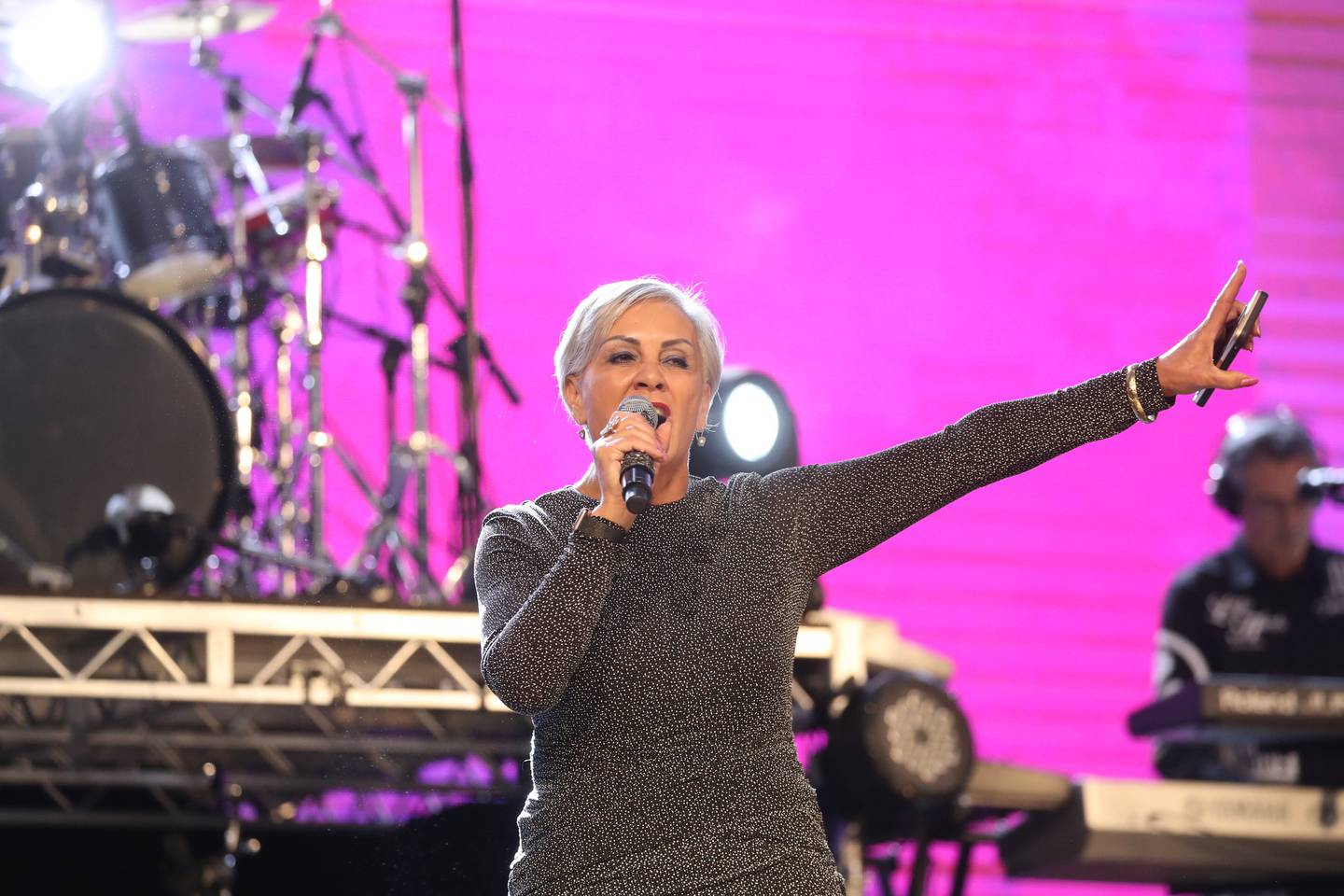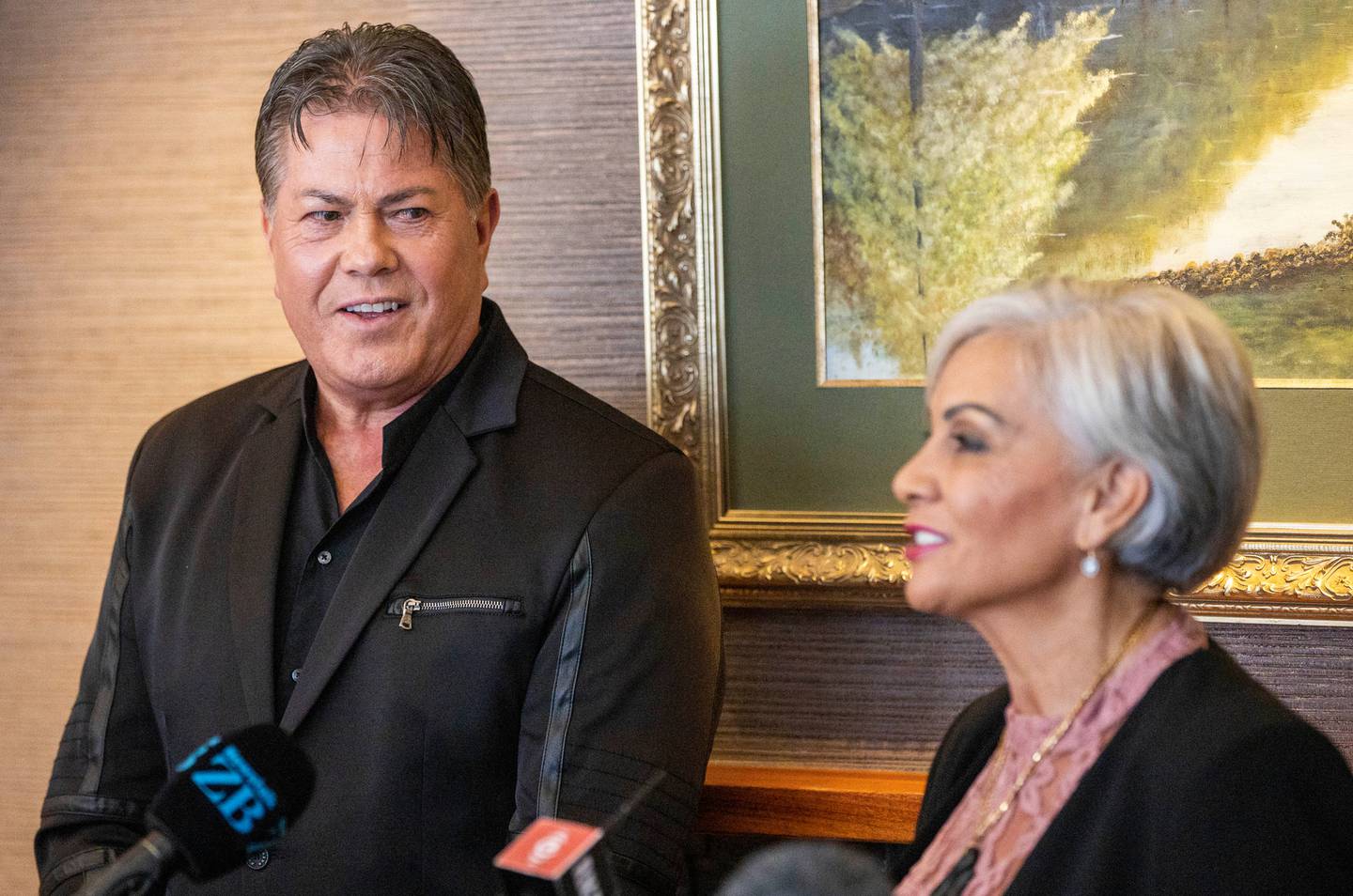
Tamaki, who leads Vision NZ, announced her candidacy in a statement today.
She said she was hoping to be the first successful woman candidate for Waiariki, while also bringing "integrity back to politics".
"I will bring long-overdue solutions to the people of Waiariki. Our First Peoples Policy, which I will outline on Thursday, will be setting the landscape for Māori economic future, lifting thousands out of social dependence to self-dependency. If Māori do well, New Zealand does well."
She would be releasing the outline of the Party's new First People Policy tomorrow at 12.30pm at the Penny Haka Gallery in Rotorua.
"Labour has had its turn, the Māori Party has had its turn, now it's my turn.
"There is a new breed of politician on the rise, one who keeps their promises and who leads a party with totally new and innovative solutions for Maori," she said.
She said she hoped to cease homelessness, child uplifts, broken homes, and inequality to "heal our homes".
Tamaki would be running against the electorate's current seatholder Labour's Tamati Coffey, as well as Rawiri Waititi for Maori Party.
In 2017 Coffey won the seat from Maori Party stalwart Te Ururoa Flavell, with a margin of 1719.
Tamaki was well-known as the wife of New Zealand's most controversial religious leader, Destiny Church Bishop Brian Tamaki.
"It just makes sense that Hannah would stand in the area that she whakapapa's back to, has invested many years in and has a strong connection with" said party secretary Anne Williamson.
The church leaders made headlines in March, when Brian claimed that the coronavirus epidemic was a sign the world had "strayed from God" and his followers would be protected.
He said they would not be closing the churches as they were "not about to let a filthy virus scare us out of having church".
The church did end up shutting its doors over the lockdown period until May 17.
The pair had courted controversy in the past, with critics describing them as "xenophobic" and "homophobic".
In November last year, Hannah Tamaki said Vision NZ would ban "new mosques, temples and other foreign buildings of worship" if elected while criticising the New Zealand First party for not cutting migration enough.
"I do not believe there is room in our society to allow for parallel cultures, faith or customs," she said at the time.

The Waiariki electorate includes the population centres of Tauranga, Rotorua, Whakatāne and Taupō.
It includes the tribal areas of Ngāti Ranginui, Ngāi Te Rangi, Te Arawa, Ngāti Awa, Ngāi Tūhoe, Whakatohea, Ngāi Tai, Te Whānau-ā-Apanui, Ngāti Kahungunu ki Wairoa and Ngāti Tūwharetoa.
Māori Party Waiariki candidate Rawiri Waititi said he admired anyone willing to put themselves out there for their people.
"As the candidate for Maori, my only priority is to be the voice of Tangata Whenua in Waiariki. That is our point of difference.
"Unfortunately, Tamati Coffey and Hannah Tamaki are tied to a colonial system that forces them to prioritise everyone else before Tangata Whenua. They can't help that – but I wish them the very best."
Tamati Coffey has also been contacted for comment.













